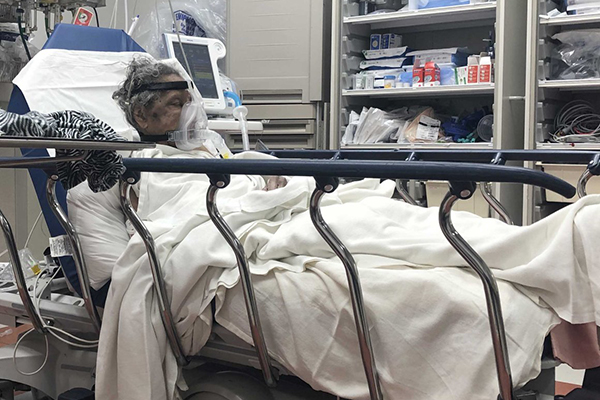In addition to sickening and taking the lives of millions across the globe, COVID-19 complicated patient care in a range of less-direct ways, from increased incidence of heart attacks to decreased cancer screenings. The virus also increased the risk of complications and death among trauma patients with injuries from car crashes, falls or other accidents, or who were victims of violent injuries such as gunshots and stabbings, according to new research from the Perelman School of Medicine, published in The Journal of Trauma and Acute Surgery.
The findings reveal that patients in trauma centers across the state of Pennsylvania who also tested positive for COVID-19 had six times higher risk of death than patients with similar injuries without COVID. COVID-positive patients also demonstrated double the likelihood of complications such as venous thromboembolism, renal failure, need for intubation, and unplanned ICU admission, as well as more than five times the odds of pulmonary complications. These risks were even greater in patients over age 65.
“COVID-19 had the largest impact on patients whose injuries were relatively minor, and who we would have otherwise expected to do well,” says lead author Elinore Kaufman, an assistant professor in the Division of Traumatology, Surgical Critical Care and Emergency Surgery at Penn Medicine. “Our findings underscore how important it is for hospitals to consistently test admitted patients, so that providers can be aware of this additional risk and treat patients with extra care and vigilance.”
Researchers conducted a retrospective study of 15,550 patients admitted to Pennsylvania trauma centers from March 21, 2020, (when Governor Tom Wolf ordered the closure of non-essential businesses statewide) to July 31, 2020.
This story is by Kelsey Odorczyk. Read more at Penn Medicine News.








